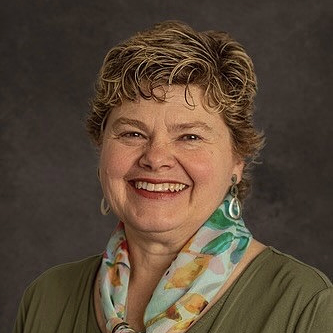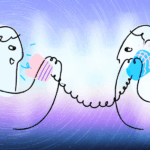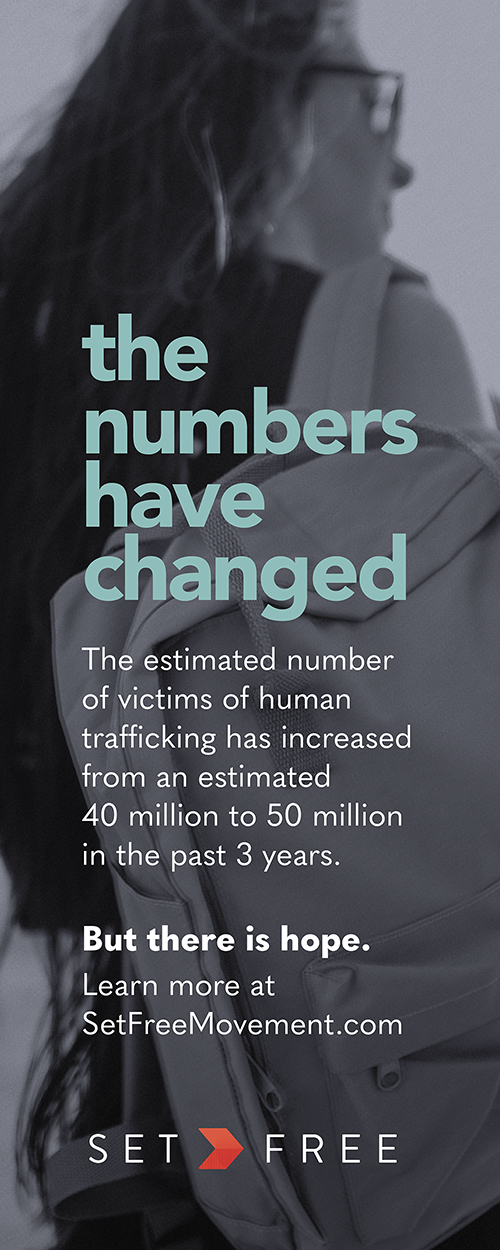By Pam Braman
From Sept. 22–28, I found myself privileged to be a delegate to Lausanne 4 in Seoul, South Korea.
The Lausanne Movement began 50 years ago, when the “International Congress on World Evangelization” was held in Lausanne, Switzerland (hence the name) in 1974. Billy Graham called the first Lausanne gathering in 1974 with the purpose of “unit(ing) all evangelicals in the common task of the total evangelization of the world.” Early involvement included people from around the globe, including John Stott, Francis Schaeffer, René Padilla, Samuel Escobar, and Kwame Bediako.
At that first gathering, Ralph Winter introduced the term “unreached people groups” to a larger evangelical world. This concept has become ingrained in modern missions. That first Lausanne gathering brought together 2,300 evangelical leaders from 150 countries. Time magazine described it as “a formidable forum, possibly the widest ranging meeting of Christians ever held.” Out of that first gathering came “The Lausanne Covenant,” a statement of belief that many evangelical organizations still use.
The Lausanne Movement has continued with smaller and regional gatherings and trainings, plus three more global congresses: Manilla in 1989, Cape Town in 2010, and Seoul in 2024. When I was invited to go to Seoul, my conference board encouraged me to attend.
As I went to Seoul, I believed that I had something to learn from the Lord. Because past Lausanne gatherings have been places where teaching has impacted the evangelical world, I expected to have my brain engaged in a new way.
_
“Hearing from amazing plenary speakers, meeting other co-laborers from all around the world, having conversations that the Lord clearly intended, is something I will never forget.”
_
I loved worshipping with people from around the globe. Experiencing the hospitality of the Korean church, with hundreds of people graciously serving, was delightful. Hearing what God has done in and through the Korean church over the past 75 years was a highlight, as they spoke and sang of the ways God has worked, and honestly admitted the struggles and places where repentance was needed. Their prayers for North Korean believers, and the intentional ministering of Japanese and Koreans together (after generations of enmity) was poignant. Hearing from amazing plenary speakers, meeting other co-laborers from all around the world, having conversations that the Lord clearly intended, is something I will never forget.
“Think Again”
However, by the last full day of the conference, I found myself complaining to the Lord. As much as I loved worshipping with people from over 200 countries, and loved making connections with people who will probably continue in my life, I found myself in session after session thinking “I still haven’t learned something radically new.”
_
“We spent time praying for a fresh movement of the Holy Spirit.”
_
Themes included: the empowerment of the Holy Spirit, revival, faithfulness in word and deed, the persecuted church, engaging lay people for the mission, reaching new generations, how evangelism must go hand-in-hand with holistic discipleship, justice, repentance and reconciliation, and the movement of the gospel to the Global South. There was a clear call for people to exhibit Christlike character (holiness). There was discussion on loving the LGBTQ community, while maintaining our biblical understanding of human sexuality. We spent time praying for a fresh movement of the Holy Spirit. We also spent time working collaboratively, as the speakers stressed being in globally connected and collaborative systems. While I certainly didn’t agree with everything that was said from the platform (and didn’t expect to; how could a global gathering of evangelicals from all streams agree on everything?), and I wished for more non-English speaking leaders on the stage, nothing surprised me.
As I complained to the Lord that I hadn’t “learned anything,” I felt the Lord challenge me to “think again.”
In some ways, I could summarize Lausanne by saying, “Let’s do all we can to ignite a Spirit-fueled movement that reaches a new generation that has as its foundation God-given revelation, which results in life-giving holiness, love-driven justice, Christ-compelled multiplication, while we have cross-cultural collaboration.” Sound familiar? It’s our vision and The Free Methodist Way, all wrapped up into one.
A Movement at the Forefront?
What surprised me was how many of these topics were controversial to those who came. It was new for many. And yet, if Lausanne has been consistently at the forefront of seeing where the Lord is moving us into a fruitful future, and what I was hearing was lining up with our priorities as a denomination, what might the Lord be saying?
Was it possible, I wondered, that what the Lord was “teaching me” was that if we push in and live out what we are saying is core to who we are, not only will we see a new movement of God’s Spirit in the denomination, but we may be used at the forefront of what God wants to do in the United States … and perhaps beyond?
_
“Perhaps the Lord has an invitation for those of us who are Free Methodists to be at the forefront of something much bigger than just our denomination.”
_
After I had that thought, I grew a bit uncomfortable. It’s seemed a bit arrogant and proud to think this. (I remember a former bishop once telling me that “we Free Methodists are quite proud of how humble we are”!) In addition, I know how small a denomination the Free Methodist Church is, particularly in the U.S. I keenly know our post-pandemic struggles. Perhaps I was wrong in my thinking.
The final morning of the conference, I was sitting with a cup of tea waiting for the final sessions to begin. A woman asked if she could join me, and we began sharing our experience of Lausanne. She’s an Anglican from South Africa, working in both Africa and Europe, and she felt like she’d finally found people who she could relate to, who held to Scripture on human sexuality, and justice, and abortion … and also understood the need for grace and diving into the complexities of all of those things. She’d found people who understood that the way of Jesus was the way of transformation, not just getting a ticket to heaven.
We ended up talking about what John Wesley called the “Middle Way.” (Because that language sometimes now implies compromise, I told her that I use the phrase “we are called to the in between.”) She grew very excited — just that week someone had shared with her some quotes by Wesley that resonated with her spirit (but which, she thought, “Methodists” had given up on). She wanted to learn more about Wesleyanism!
I left that conversation wondering. Perhaps the Lord has an invitation for those of us who are Free Methodists to be at the forefront of something much bigger than just our denomination. Perhaps, He’s been out in front of us all along. Perhaps, if we lean in to all that we say is important to us, we will get a front-row seat to a new movement of God. I know that the Lord delights in using the weak and the little to display His glory. Lord, hear my prayer.
+

Pam Braman, D.Min., is the superintendent of the Genesis Conference. She previously served as a pastor, church planter, and assistant superintendent in the North Central Conference and on the National Planning Committee for the Wesleyan Holiness Women Clergy. She earned her Doctor of Ministry degree at Portland Seminary and wrote her thesis on “Oral Culture and Digital Natives: What the American Church Can Learn from the Mission Field.” She is married to Marshal, who is an amazing support, cook, and outdoorsman.











